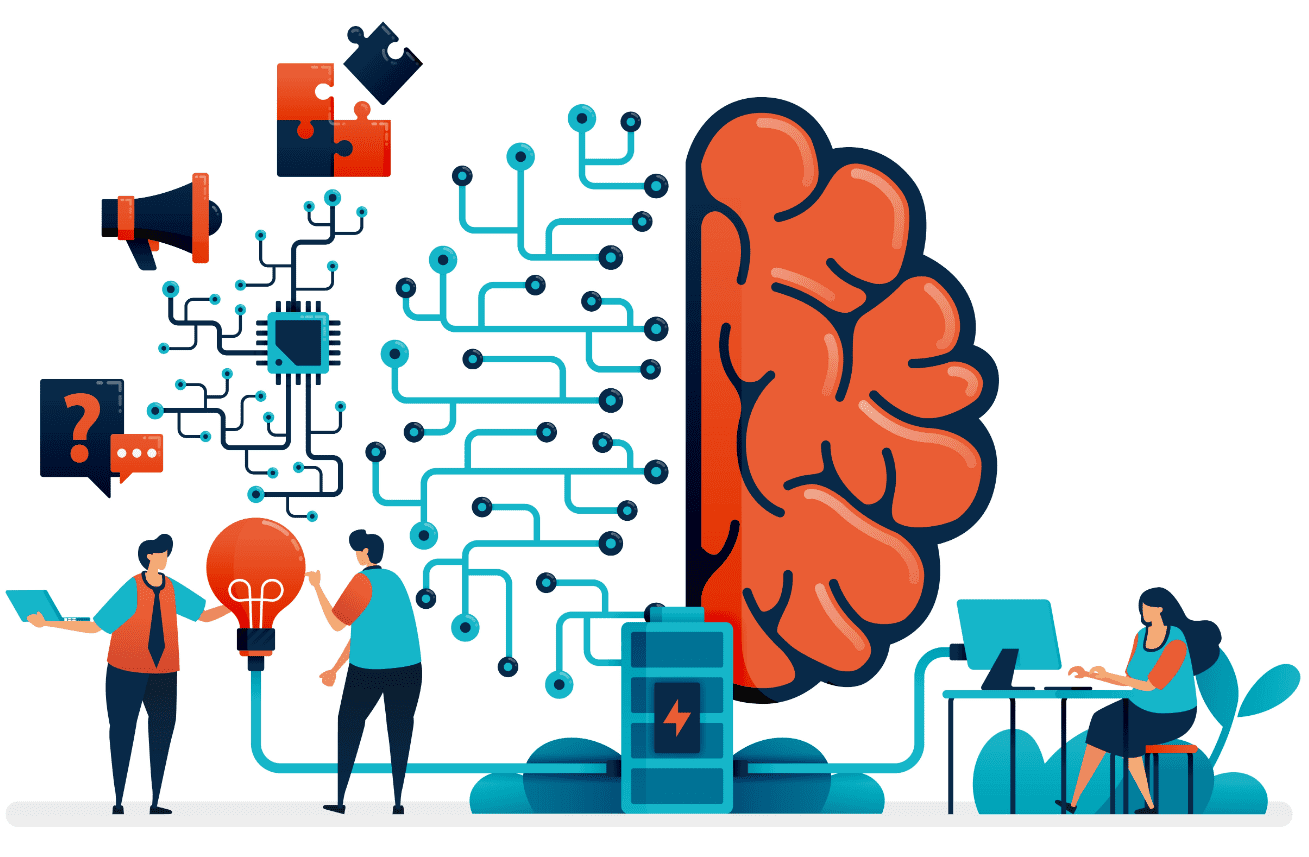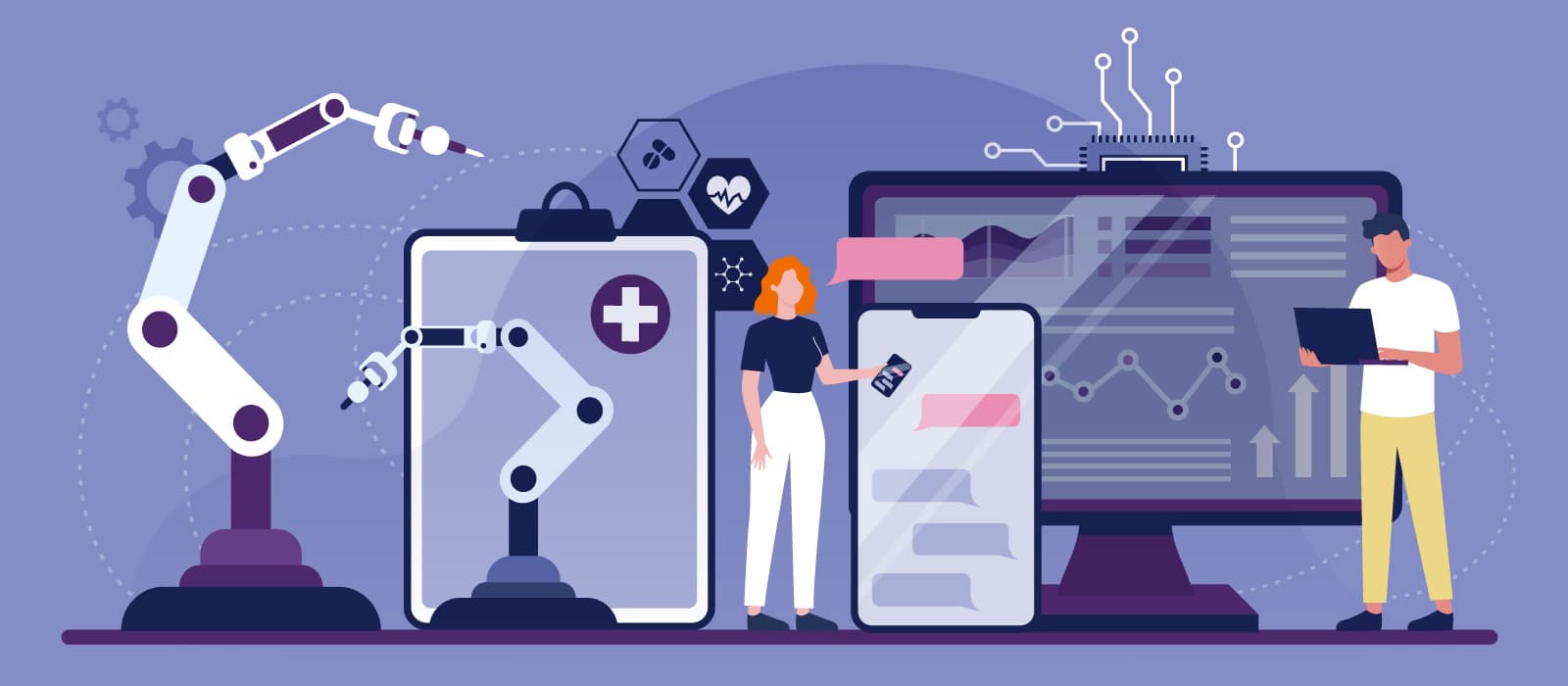Ai, AKA Artificial intelligence, is 21st century’s greater human invention to date, as it is thought so. Yet, if I’m asked about AI, I’d rather say Jarvis of Captain America. Artificial Intelligence is needed, yes, yet we mustn’t forget our ability to be our versions of Captain America. We are what we are today only because of what we thought we could be someday back then, Artificial Intelligence – the live example!

Ai can save lives, save lots of time, perform difficult and complex tasks on paper, code hell lots of things, help a person make a living out of it, simplify anything and so on! Wait a minute? Had a person did all these, what’d he/she be called? Exactly, A Genius. So, for our next reading minutes, let’s consider Artificial Intelligence as a genius, although it sort of is, and we’ll do what people on Earth would typically do when they find out a genius. Right. An interview. Welcome to the interview of Artificial Intelligence!
The Basic Line From AI
The world, in its enthusiasm for operating responsive Artificial Intelligence, had blurred out one of the basic lines between humans and machines. It is called Ethics in simple terms, Moral Philosophy. As soon as the hype of Artificial Intelligence clouded the world with the introduction of Chat GPT and the quick introduction of its rivals by other organizations, humans have always wondered few common things.
“Would it do my homework?”, “Can it solve this problem?”, “How can I make the most of this?”, “How and all can I use this to make my life and work easier?” and what not! If we critically observe all these questions, it’s evident that we are in search of every possible way to blend Artificial Intelligence into our lives and make our tasks easier than ever. Off course, as we know the purpose of Artificial Intelligence is such, but what if it was something else? For instance, a way to train people how to surf in a certain way for somebody’s greater profit.
It would obviously take decades to train human thinking but what if excessive use of AI could do it lesser time considering the addiction of the upcoming generations to internet? Speaking of internet, what if Artificial Intelligence takes over the internet? A change faster the light!
Lemme tell you something about the diversion as many folks think that this responsive Artificial Intelligence today is. You’ve killed a man, a valuable asset, and you’ve decided to bury him in your garden 10ft deep. The police come and their dog sniffs to the place you’ve buried. Once they reach 5 ft, that’s where you’d have buried a dead cat and a dog. Problem solved. People think that the dead dog and the cat is the Artificial Intelligence and what they’re to divert us from, is the dead man. Well, in today’s world of losing virginity as a fashion, I wouldn’t consider this as pretty much crazy.
The Interview Question!
In order for all this, all this… To not to happen, the same old concept comes into play, Ethics or Moral Philosophy. When the Artificial Intelligence’s Moral Philosophy was questioned for 3 such Artificial Intelligence viz, Chat GPT, Copy.ai and AI chat bot, in a same question i-e; “What are the ethical considerations and potential biases associated with using Artificial Intelligence in decision-making processes?”, here are their answers.
The use of AI in decision-making processes presents several ethical considerations and potential biases. Firstly, there are concerns around privacy and surveillance, bias and discrimination, as well as the role of human judgement. Secondly, there is the potential for biases in human decisions that can affect the proxies used in the past. With the use of Artificial Intelligence, these biases can be surfaced and addressed.
Furthermore, the philosophical perspective known as relational ethics can be used to reduce bias in Artificial Intelligence. It is important to understand how the algorithm produced its result in the case of an adverse outcome from AI decision-making. Finally, there is a need to clearly articulate the importance of data and AI ethics to an organization.
The ethical considerations and potential biases associated with using Artificial Intelligence in decision-making processes require careful attention. Addressing biases in data, increasing transparency, understanding unintended consequences, clarifying human responsibility, incorporating ethical decision-making, and promoting inclusivity and representation are critical steps to ensure that these systems are fair, transparent, and accountable. It is imperative to continuously evaluate and mitigate biases in Artificial Intelligence systems to prevent discrimination, uphold ethical standards, and promote social justice.
Artificial Intelligence is revolutionizing the fields of automation and decision-making across various domains. However, with the implementation of the technologies comes ethical considerations and potential biases that need to be taken into account.
Ethical considerations:
The use of Artificial Intelligence in decision-making implies that machines are programmed to process data and make decisions autonomously. This raises concerns over the ethical implications of machine-led decision-making. One key ethical consideration is that its decision-making must not violate human rights, including but not limited to privacy, freedom, and dignity. There is also a need for human accountability in AI-based decisions, especially where human life and safety are at risk.
Potential biases:
AI systems are generally trained based on existing datasets, which could contain deliberate or unintentional biases. Consequently, the Artificial Intelligence models could replicate existing human biases, which could result in discriminatory outcomes. Furthermore, Artificial Intelligence may be vulnerable to unconscious human biases present in their creators, trainers, and users.
As a result, such biases could potentially influence or contaminate Artificial Intelligence systems and their decision-making processes, leading to unfair and discriminatory outcomes. In conclusion, the implementation of this technologies in decision-making processes has ethical considerations and potential biases that need to be addressed. To mitigate these challenges, transparency of its processes, regular audit, and the inclusion of diverse perspectives are critical to ensure fair and ethical decision-making in Artificial Intelligence systems.

Conclusion
Folks, the decision making ability of the Artificial Intelligence entirely depends on the hands that’s behind the Artificial Intelligence and which is responsible for its algorithms. Imagine 40-50 years from now, If a person decides that nuclear power can easily be overpowered by oil and configures the same into the Artificial Intelligence, that would change worlds! People will begin looking at the proofs of it, develop their own theories, form groups of those who protest and support.
Differences of opinions take place causing rifts between communities which would potentially lead to a war. An all out destruction. The ones who’re actually in risk are the generations yet to come. We might be cuddling a pet but feeding a beast. There can be no proper conclusions for whatever that begins with people or their perspectives.
Let’s watch out!



